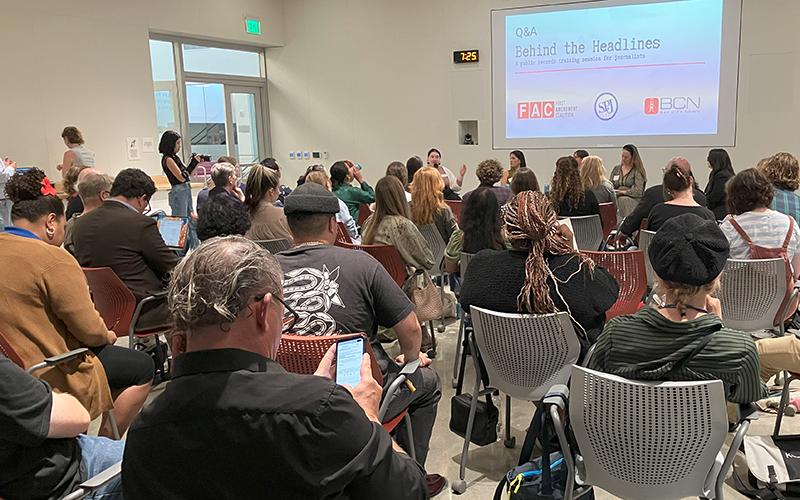Events
Check Out a Live Event
FAC holds live and virtual events to tackle some of the most pressing free speech, free press and government transparency issues of the day. Events are free, on-the-record and open to all. Sign up to get invitations to upcoming events.
Past Events
-
Aug 5, 2024
Behind the Headlines: A Public Records Training Session for Journalists
In-Person and Online Event
-
-

